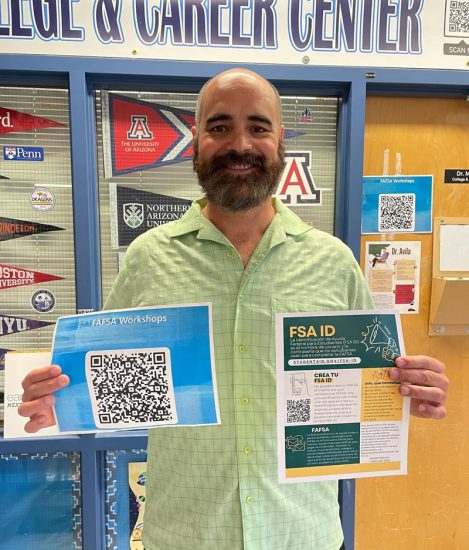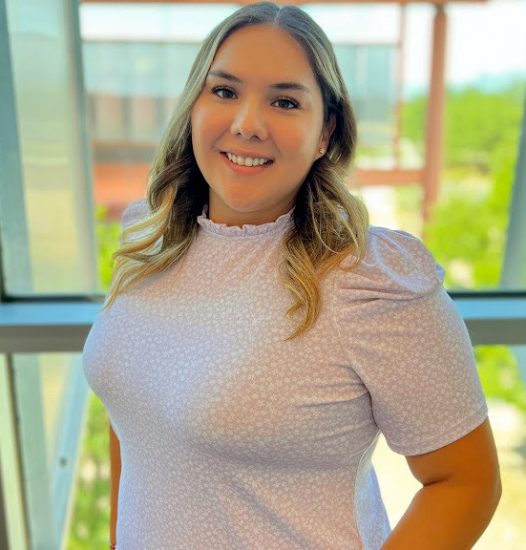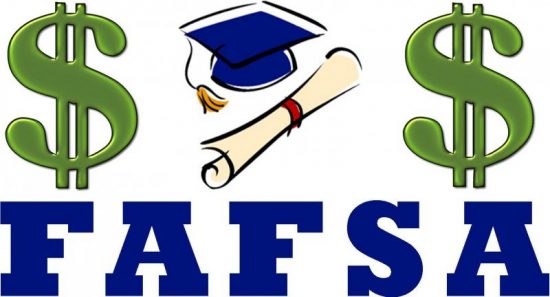By Priscila Borquez, Jose Jovel & Emely Villanueva

On Dec. 31, 2023, the Free Application for Student Federal Aid opened. FAFSA opened initially with a period called “Soft Launch”—periodically FAFSA would open and close to prevent shutdowns within the system.
In the pursuit of higher education, completing the FAFSA is a gateway to financial assistance that can make the difference between attending college or not. Moreover, with the implementation of new changes in the 2024 FAFSA, the process has become more accessible and inclusive, further shaping students’ academic futures.
“FAFSA is subject to change because we know that FAFSA is taking longer to process. As of right now it’s due May 3, 2024,” said Dr. Manuel Ávila, Pueblo’s College and Career Coordinator.
Completing the FAFSA opens doors to many financial aid opportunities including grants, loans, and work study programs. These resources are lifelines for students from all walks of life, providing the means to afford tuition, books, and living expenses associated with collegiate success.
“Be mindful of the opportunities offered by FAFSA and consider attending workshops for help with creating and FSA ID and completing FAFSA,” said Avila.
The changes introduced to the FAFSA in 2024 represent a significant step forward in making the financial aid process more accessible. The application process and simplified questions reduce barriers for students, particularly those from underrepresented backgrounds.
Also, the inclusion of questions to identify students struggling with homelessness, those in foster care, and those with incarcerated parents makes sure that the unique circumstances of students are seen and assessed for financial aid.
Avila added, “FAFSA determines eligibility for financial aid and I 100% recommend students apply to make sure they have access to different financial aid opportunities.”
Currently, FAFSA can only be completed by students who have a social security number, although students without one should not be discouraged in applying for financial aid. Counselors advise to use the CSS profile for undocumented students as more colleges and universities are accepting this type of financial aid.
In addition, the CSS communicates to colleges of those who meet a certain financial burden, and some colleges are willing to meet full financial need to students accepted into those colleges.
“There are exceptions that I still need to approve, but I will highly suggest making appointments and talking to me if you have any questions or concerns,” said Dr. Avila.
Seniors: Time is running out; don’t procrastinate!

